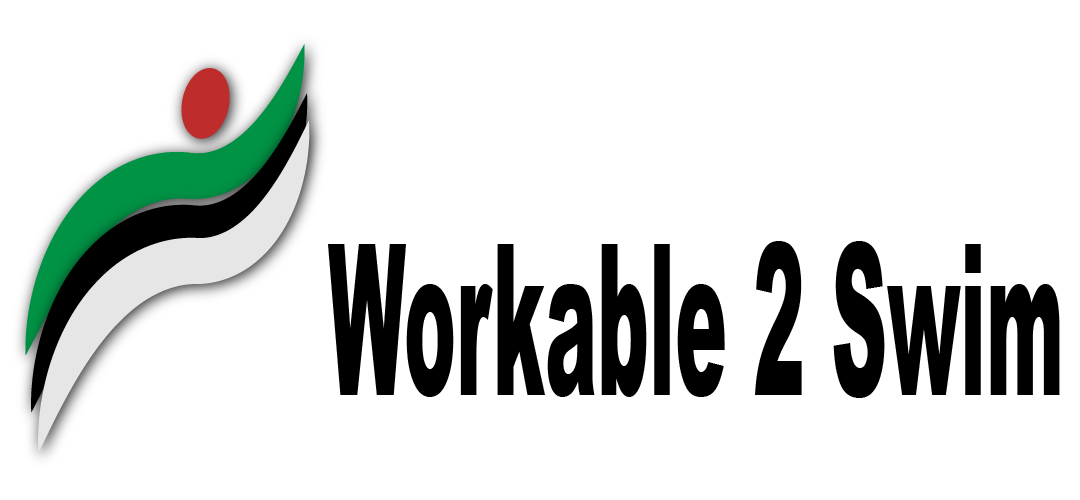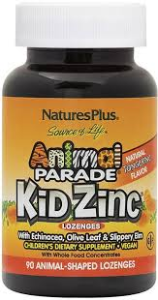Proper Dosage and Administration of Health Care Products
Proper dosage and administration of health care products is critical for ensuring their effectiveness and avoiding potential health risks. In this comprehensive guide, we will explore 15 subtopics related to the importance of proper dosage and administration of health care products, and provide information on how to ensure safe and effective use of these products.
1. Understanding Dosage
Dosage refers to the amount of a medication or supplement that should be taken at a given time. Understanding the appropriate dosage is crucial for achieving the desired effects and avoiding adverse reactions. Dosage is typically based on factors such as age, weight, and health status. Always follow the recommended dosage instructions provided on the product label or as directed by your healthcare provider.
2. Importance of Reading Labels
Reading the label on a health care product is essential for understanding the appropriate dosage and administration instructions. It is also important to look for any potential warnings or side effects associated with the product. Be sure to follow all instructions and warnings provided on the label, and consult with a healthcare professional if you have any questions or concerns.
3. Proper Administration Techniques
The proper administration technique can vary depending on the type of product being used. For example, oral medications may need to be taken with food or water, while topical products may need to be applied to a specific area of the body. Always follow the administration instructions provided on the label or as directed by your healthcare provider.
4. Avoiding Overdose
Overdose can occur when too much of a medication or supplement is taken, leading to potential health risks. To avoid overdose, always follow the recommended dosage instructions provided on the label or as directed by your healthcare provider. Be aware of any potential interactions with other medications or supplements, and never take more than the recommended amount.
5. Importance of Timing
The timing of medication or supplement administration can be important for achieving optimal results. For example, some medications may need to be taken at specific times of the day or with certain foods. Be sure to follow the timing instructions provided on the label or as directed by your healthcare provider.
6. Proper Storage
Proper storage of health care products can help maintain their effectiveness and prevent potential health risks. Some products may need to be stored in a cool, dry place, while others may need to be refrigerated. Always follow the storage instructions provided on the label or as directed by your healthcare provider.
7. Importance of Follow-Up Care
Follow-up care is important for monitoring the effectiveness of health care products and ensuring proper dosage and administration. This may include regular check-ins with a healthcare provider or monitoring of specific health parameters such as blood pressure or blood sugar levels.
8. Use of Measuring Tools
Measuring tools such as measuring cups, spoons, or syringes can be essential for ensuring accurate dosage of medications or supplements. Always use the appropriate measuring tool provided or as directed by your healthcare provider.
9. Use of Pill Organizers
Pill organizers can be helpful for organizing medications and supplements and ensuring proper dosage and administration. They can also help prevent missed doses or accidental overdose. Always label pill organizers with the appropriate dosage and administration instructions.
10. Importance of Communication with Healthcare Providers
Communication with healthcare providers is crucial for ensuring safe and effective use of health care products. Always inform your healthcare provider of any medications or supplements you are taking, as well as any changes in your health status or symptoms. Your healthcare provider can provide guidance on appropriate dosage and administration, potential interactions with other medications or supplements, and any potential side effects or risks associated with the product.
11. Use of Medication Reminders
Medication reminders such as phone alarms or reminder apps can be helpful for ensuring timely and consistent administration of medications or supplements. They can also help prevent missed doses or accidental overdose. Always set medication reminders according to the recommended timing instructions provided on the label or as directed by your healthcare provider.
12. Importance of Patient Education
Patient education is important for ensuring proper understanding of the appropriate dosage and administration of health care products. This may include education on potential side effects or risks associated with the product, as well as information on the appropriate timing and administration techniques. Always consult with your healthcare provider or pharmacist if you have any questions or concerns about the appropriate use of a health care product.
13. Risks of Non-Compliance
Non-compliance with the recommended dosage and administration instructions can lead to potential health risks and reduced effectiveness of the product. It is important to always follow the instructions provided on the label or as directed by your healthcare provider to ensure optimal results and minimize potential risks.
14. Importance of Proper Disposal
Proper disposal of health care products is important for preventing potential harm to the environment and reducing the risk of accidental exposure or ingestion. Always dispose of health care products according to the instructions provided on the label or as directed by your healthcare provider.
15. Use of Electronic Health Records
Electronic health records can be helpful for tracking medication and supplement usage and ensuring proper dosage and administration. This can also help healthcare providers identify potential interactions or risks associated with the products being used. Always inform your healthcare provider of any changes in medication or supplement usage to ensure accurate tracking and monitoring.
Conclusion
Proper dosage and administration of health care products is essential for achieving optimal results and minimizing potential health risks. By following the recommended dosage and administration instructions provided on the label or as directed by your healthcare provider, using appropriate measuring tools and medication reminders, and communicating with your healthcare provider, you can ensure safe and effective use of health care products. Remember to always read labels, follow administration techniques, and properly store and dispose of health care products to minimize potential risks.


